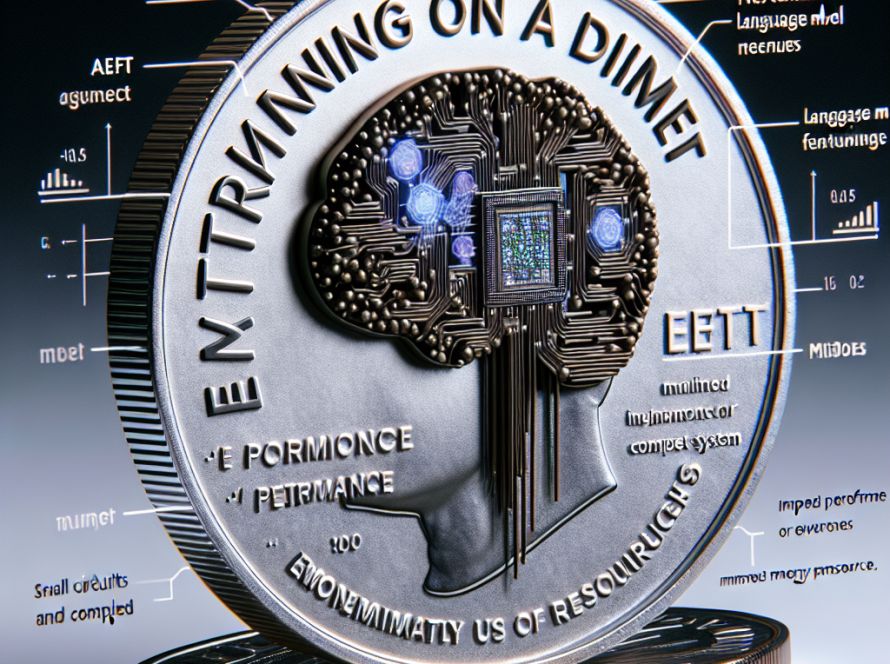In the high-pressure, fast-paced world of healthcare, nurses represent the embodiment of dedication and compassion. They maneuver lengthy shifts, demanding tasks, and emotional strains, regularly prioritizing the welfare of others over themselves. However, a new era is emerging, introducing Artificial Intelligence (AI) driven self-care tools for nurses to support their mental health and overall well-being. These innovative tools function as more than just modern technology; they symbolize relief and empowerment for the nursing community.
Among the diverse AI offerings are an AI-powered chatbot providing cognitive-behavioral therapy techniques, a meditation and mindfulness application with guided sessions, a fitness and lifestyle app tracking sleep patterns, and a collaboration application promoting communal interaction among nurses. Not only do these tools contribute to individual nurse well-being, but they also foster community, encouraging peer support and collective optimism. The transformation these AI tools are initiating extends beyond aiding nurses in coping with their heavily task-laden routines—they’re turning self-care into a possibility, even in the busiest of schedules.
As an example, consider Monica, an intensive care unit nurse who has managed to seamlessly incorporate AI tools in her daily life. Between her rounds with patients, she uses a meditation application for five-minute deep-breathing exercises, and during shift handovers, she exchanges experiences with her colleagues about various AI self-care tools. On her commute home, she listens to relaxation podcasts, endorsed by her peers. Before bed, she dons a sleep-tracking device to take note of patterns that might affect her rest and make necessary adjustments. With the help of AI technology, Monica is not only surviving the demanding healthcare environment; she is actively promoting her mental well-being.
When nurses like Monica make conscious efforts to cater to their mental health, the benefits are far-reaching. It positively impacts patients and their families who receive care from attentive, compassionate nurses and also significantly improves the healthcare organization itself. Lower employee turnover rates, heightened productivity, enhanced quality of care, and a more positive, collaborative work environment are all tangible benefits of mental health prioritization.
The advent of AI self-care tools for nurses brings about hope and empowerment in a challenging profession. These tools facilitate resilience and balance in the lives of nurses that further translates into elevated standards of care for patients. This integration of AI signifies a radical shift in the healthcare landscape—it’s not just a technological milestone, but a profound transformation in how nurses perceive their work and health. As nurses utilize AI self-care tools, they instigate a future where self-care and wellness are central to professional nursing practice. Consequently, the healthcare industry witnesses a cultural shift towards resilience, compassion, and excellence.
In conclusion, the introduction of AI self-care tools to nursing signifies both the end of burnout acceptance and the beginning of a wellness-focused professional culture. As self-care in healthcare environments becomes mainstream, more nurses like Monica will champion superior patient care while preserving their mental health, leading to an enhanced healthcare experience for all involved. Hence, it is crucial that we continue nurturing nurses and appreciating the transformative role AI plays in promoting their well-being.


